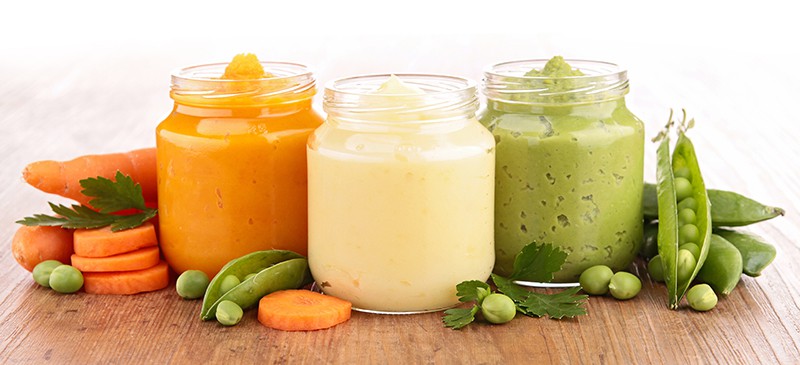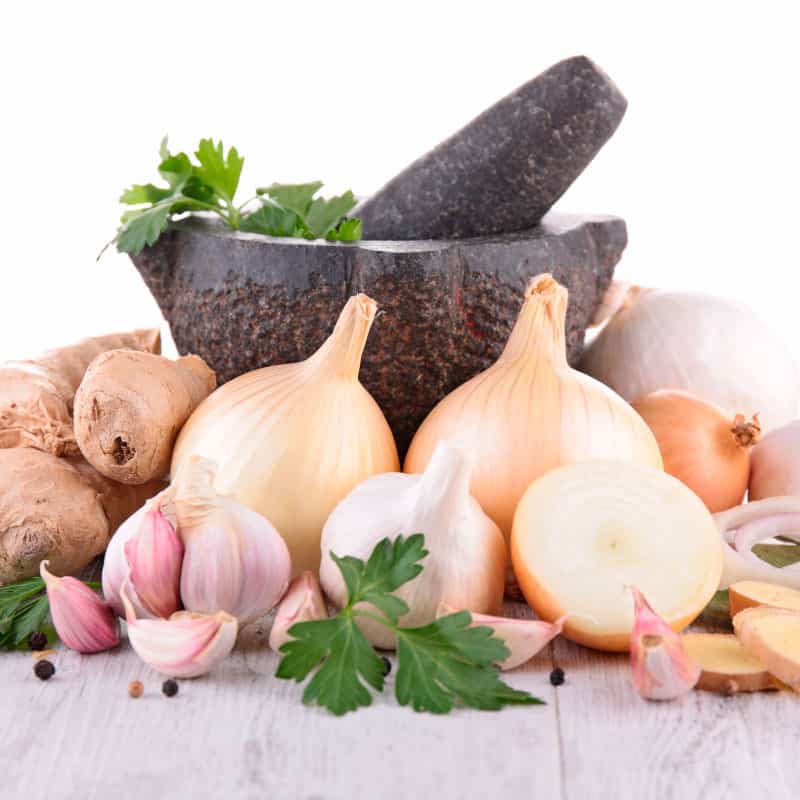This Dr. Axe content is medically reviewed or fact checked to ensure factually accurate information.
With strict editorial sourcing guidelines, we only link to academic research institutions, reputable media sites and, when research is available, medically peer-reviewed studies. Note that the numbers in parentheses (1, 2, etc.) are clickable links to these studies.
The information in our articles is NOT intended to replace a one-on-one relationship with a qualified health care professional and is not intended as medical advice.
This article is based on scientific evidence, written by experts and fact checked by our trained editorial staff. Note that the numbers in parentheses (1, 2, etc.) are clickable links to medically peer-reviewed studies.
Our team includes licensed nutritionists and dietitians, certified health education specialists, as well as certified strength and conditioning specialists, personal trainers and corrective exercise specialists. Our team aims to be not only thorough with its research, but also objective and unbiased.
The information in our articles is NOT intended to replace a one-on-one relationship with a qualified health care professional and is not intended as medical advice.
Metal in Baby Food: Study Finds 95% Contain Heavy Metals
November 1, 2019

Of all food categories, it may be safe to say that ensuring the purity of baby foods and making sure there are no toxic ingredients or metal in baby food should be one that’s a major priority. However, a national investigation showed that toxic metals were found in 95 percent of tested baby foods.
The fact that heavy metals in baby food exist was uncovered nearly a decade ago, but we assumed measures were taken to resolve this major health issue. It’s true that efforts made by the U.S. Food and Drug Administration (FDA), along with baby food companies and nonprofit organizations, have been working to reduce metal in baby food products.
Although we’ve seen some progress since 2011, we clearly have a long way to go before baby food can be declared completely safe.
What does this latest study tell us about the risk of toxic baby food exposure and how it may effect your child’s health? Many parents and public health advocates are demanding answers.
Heavy Metal in Baby Food Study Results
When 168 baby foods made by 61 different brands were tested by Healthy Babies Bright Futures (HBBF), toxic heavy metals were found in 95 percent of them.
How many baby foods were contaminated with heavy metals? Researchers found that:
- 94 percent contained lead
- 75 percent contained cadmium
- 73 percent contained arsenic
- 32 percent contained mercury
The report also shows that one in four baby foods contained all four toxic heavy metals. Of the 168 samples:
- 26 percent contained four metals
- 40 percent contained three metals
- 21 percent contained two metals
- 8 percent contained one metal
- 5 percent (only nine samples) contained zero metals
Why were these four metals tested? They all have a unique significance — they are developmental neurotoxins.
These metals can harm a child’s developing brain and nervous system, and metal in baby food may even cause permanent loss of intellectual capacity. Plus, consuming these toxic metals can also cause behavioral problems, like ADHD.
According to this new study, the lead and arsenic in rice-based foods alone account for one-fifth of the more than 11 million IQ points that children lose from birth to 24 months old from all dietary sources.
When new containers of 25 foods were sent to a separate lab for heavy metal testing, scientists detected another neurotoxic pollutant in 19 of 25 foods: perchlorate.
Perchlorate disrupts thyroid functions that are crucial to brain development and has also been linked to IQ loss.
Most Dangerous Baby Foods to Avoid
Test results show that 15 foods account for more than half of the heavy metal in baby food risk. Here’s a breakdown of the most dangerous baby foods, according to this most recent report:
- Rice-based foods, including infant rice cereal, rice dishes and rice-based snacks
- Apple juice
- Grape juice
- Fruit juice blend (100 percent juice)
- Cheerios and oat ring cereal
- Macaroni and cheese
- Puff snacks and teething biscuits
- Soft cereal bars
- Oatmeal cookies
- Fruit yogurt
- Sweet potato baby food
The study authors also point out that choosing organic baby food products doesn’t necessarily mean that it will contain lower levels of toxic metals.
According to HBBF and past studies on metal in baby food, organic standards do not address these contaminants. Heavy metals are naturally occurring in both soil and water, and pesticides, fertilizers, airborne contaminants and industrial operations only elevate these levels.
Of the 61 baby food brands that were tested, some of them were organic brands, including Plum Organics, Beech Nut and Earth’s Best.
This means that organic baby food and even homemade baby food aren’t safe from these heavy metals, unless you use the safest baby foods that are recommended by HBBF and other organizations.
What Parents Can Do (How to Avoid Toxic Metals)
According to the report, “only a dramatically accelerated pace at FDA and the fruition of the new Baby Food Council’s pursuit of industry-wide change will be enough to finally solve the problem.”
This is an issue that’s been known for almost a decade, and although measures have been taken to limit heavy metal exposure in foods, clearly there’s much more work to be done.
In the meantime, HBBF has made recommendations about what parents can do to make safer baby food choices. These safer choices are said to contain 80 percent less arsenic, lead and other toxic heavy metals than other “riskier picks.”
Here are the five action steps you can take to lower your child’s exposure to heavy metals:
- Choose rice-free snacks: Opt for diced fruits and veggies or rice-free crackers.
- Avoid teething biscuits made with rice: Instead of rice biscuits for teething babies, opt for other soothing foods, like chilled cucumber and frozen banana. You can also use a clean, wet washcloth or cold spoon.
- Opt for multigrain infant cereals, oatmeal, barley and quinoa.
- Offer filtered tap water instead of fruit juice.
- Offer a variety of fruits and vegetables.
Related: Dangers of Heavy Metals & How to Do a Heavy Metal Detox
Healthy Nutrition Options
Nutrition for babies is extremely important because this is a time of major development. If there’s one major takeaway from this most recent study on baby foods, it’s that rice-based foods should be avoided.
Instead of choosing rice-based snacks, offer your child snacks that are rich in nutrients and low in metals. Dicing, mashing or soft-cooking nutrient-dense foods is a healthier option.
It can also be done if you’re using the baby-led weaning method. Try these recommended safe baby foods:
- avocado
- pumpkin
- green beans
- beets
- zucchini
- parsnips
- peas
- apples
- bananas
- berries
- grapes (cut length-wise)
- peaches
- beans
- hard-boiled eggs
Adding meat and high-protein foods to your child’s diet is also important. Some of the best options include:
- turkey
- chicken
- beef
- fish (no shellfish)
- lentils
- beans
- diluted peanut butter
Conclusion
- A new study conducted by Healthy Babies Bright Futures tested 168 baby food products from 61 different brands for heavy metal contaminants. Researchers found that 95 percent of the products contained arsenic, lead, cadmium or mercury.
- Twenty-six percent of the foods tested contained all four of the heavy metals and only 5 percent contained zero metals.
- This latest study suggests that more needs to be done by the FDA and baby food companies to limit a child’s exposure to toxic metals that can lead to lower IQ and other developmental issues, along with mercury poisoning and other metal poisoning.











